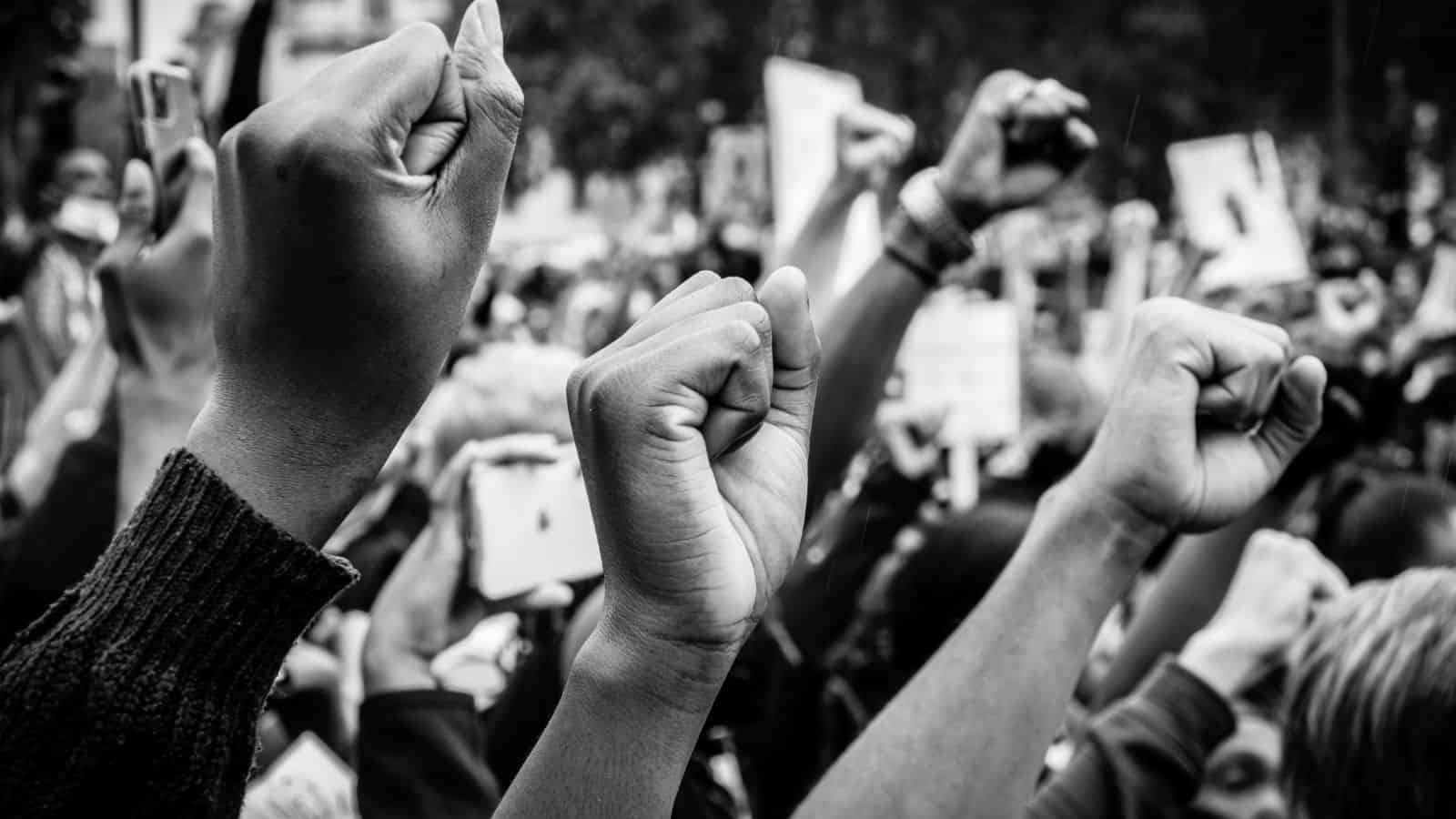Boomers are often ridiculed for their old-fashioned attitudes, especially by Gen Z, but the post-war generation faced a unique combination of challenges that are unimaginable in today’s society. We’ve highlighted 17 hard facts of life that boomers faced in their childhood and as they entered adulthood.
Living Without Digital Communication

Relying on landline telephones and traditional postal mail, boomers grew up without the ability to communicate on the go. This meant planning meet-ups with friends in advance and not being able to make last-minute changes. It also meant they had to head to a library or dig out the encyclopedia set to learn or get information.
The Cold War Mentality

The possibility of nuclear war meant families across America were scared. There were efforts to prepare by teaching children to ‘duck-and-cover’ in schools and building fallout shelters. According to Business Insider, libraries also helped and “showed educational films, offered first aid courses, and provided strategies to patrons on how best to survive in the event of nuclear war.”
Managing Finances

There were no online banking or digital budgeting tools to help keep people on track with their spending, so they had to be careful to make sure they’d be able to pay for everything they needed. There was also less access to credit, meaning you had to make your monthly paycheck work.
Analog Entertainment

Those with a TV only had a few channels to choose from, and each of them had strict programming schedules. This meant there was no watching your favorite show whenever you got in from work; you simply had to make do with what was on there and then.
Limited Access to Higher Education

Higher education was often seen as a privilege or a path for the more elite students, rather than the normal step into a career that many people consider it to be today. Instead, there was a much bigger focus on on-the-job training, particularly in trades and practical skills.
Transportation and Travel

Before the 1960s, air travel was expensive and not very common. The National Air and Space Museum says this changed by 1972, when “almost half of all Americans had flown, although most passengers were still business travelers.” Public transportation systems were more reliable, but the services were less frequent.
Gender Roles and Expectations

In the decades that the boomers were born and grew up in, there were very strict norms and ideas about gender roles, with women expected to look after the house and men being the main earners. The nuclear family was also considered to be ideal, and women were expected to raise children.
Lack of Environmental Protection

Harmful chemicals such as DDT were widely used and had significant impacts on the environment. There was a lot of pollution from industrial activities and urban areas, and people didn’t understand how this was leaving a lasting effect on habitats and the food chain.
Dependency on Oil

America was heavily reliant on imported oil, and this made it vulnerable in the 1970s when the oil embargos came into place as a result of the Arab-Israeli war. The Office of the Historian says, “The price of oil per barrel first doubled, then quadrupled, imposing skyrocketing costs on consumers and structural challenges to the stability of whole national economies.”
Limited Disability Rights and Accessibility

The Americans with Disabilities Act only came into play in 1990, and before this point, there was very little protection against discrimination of disabled people. There was also a lack of accessibility, and many public buildings, workplaces, and transportation systems didn’t have anything in place to assist those with limited mobility.
The Vietnam War

According to The Collector, “The Vietnam War was one of America’s most divisive conflicts, frequently pitting young people who opposed the war and the draft against older Americans who wanted to restrict communism.” The military drafted many young men, often from lower socio-economic backgrounds, into service.
Medical Unknowns

Common medical tools and treatments we use today, such as MRIs and advanced surgical techniques, weren’t available to doctors during boomers’ childhoods. There was also a lack of knowledge or medication, which meant many of the diseases we can cure today were very hard to treat.
Racial Segregation and Civil Rights Struggles

Until the 1964 Civil Rights Act, racial segregation was legal and widely seen in public spaces across the U.S. This affected every aspect of life, and it meant people fought for equality. Even after the act, many people still suffered as a result of the slow change in public attitudes.
High Interest Rates in the 1980s

During the early 1980s, there were extremely high interest rates, and mortgages peaked at around 18%. This made home ownership and loans considerably more expensive, leading to job losses and financial instability. People with a lot of money benefited as their savings began to earn a significant income.
Limited Mental Health Awareness and Support

Mental health issues were not understood, and as a result, they were stigmatized. This meant that they weren’t widely discussed, and many people suffered without the ability to discuss their symptoms or feelings with anyone. There was also very limited access to treatments or resources.
Manual Agriculture

There was less automation and technology available to farmers, which made the job much harder physically. It also meant that yields were lower, and they could make less money on each part of their land. The rural nature of farming also meant that many people were isolated.
Childcare and Family Planning

Affordable childcare options were very uncommon, and many women had no choice but to stay at home and raise their children. There was little education about family planning and limited access to contraception, leaving many couples struggling with space and finances.
Up Next: 19 Signs That Say You’ve Officially Entered Old Age

Old age comes for us all, though we do our best to resist it for as long as possible. But aging isn’t only gray hair, wrinkled skin, and yelling at kids to get off your lawn. Here are 19 signs you’ve realized you’re no longer the young stud you once were!
19 SIGNS THAT SAY YOU’VE OFFICIALLY ENTERED OLD AGE
17 Things That Are Too Woke For Boomers

Our society is so different from what it was decades ago, and boomers don’t like much of what everyone considers normal in today’s society. In this light, here are 17 things about ‘woke culture’ that particularly make boomers uncomfortable.
17 THINGS THAT ARE TOO WOKE FOR BOOMERS
17 Things You’re Just Too Old To Be Doing Anymore

The older you get, the more fragile you are physically and mentally, so it’s important to prioritize your well-being every day. Whether you still feel young at 50 or are closer to 80, we’ve compiled 17 things you’re too old to be doing anymore.
